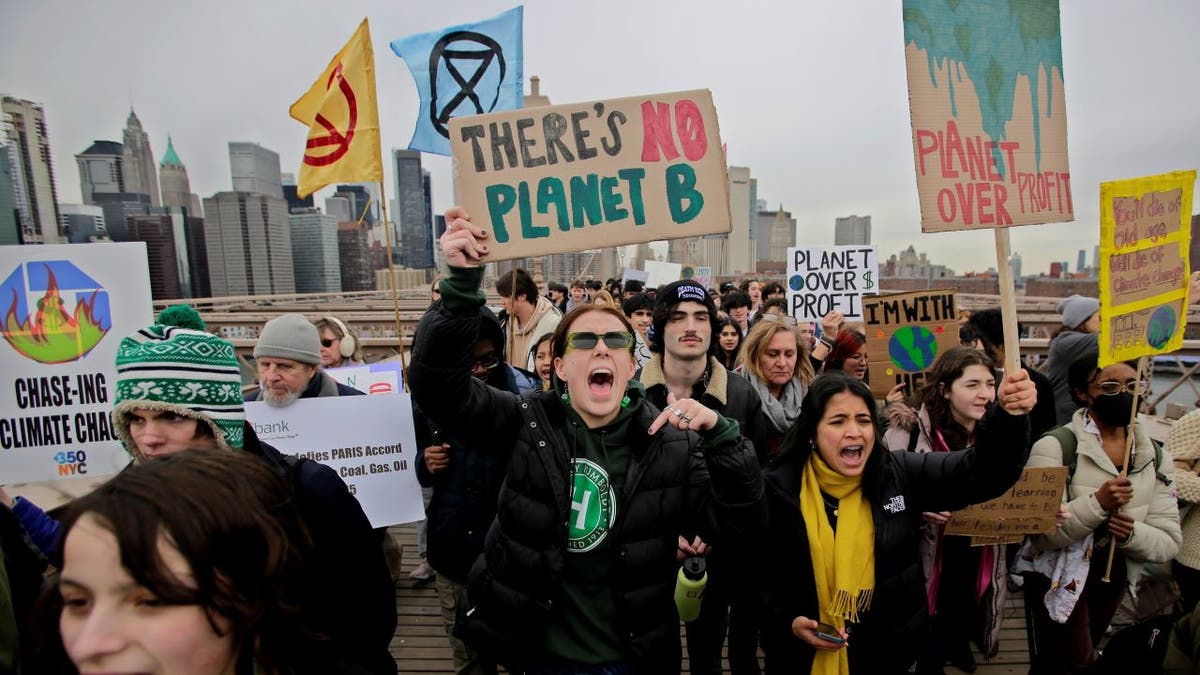Recent court decisions across the United States signal a positive shift against climate-related lawsuits, bringing relief to energy companies and consumers alike. Judges in Maryland and New York have dismissed cases brought by public entities alleging that energy companies caused harm through emissions and concealed those harms. These dismissals suggest a growing legal consensus that such claims are not permissible under federal law.
Over two dozen cities and states have initiated similar lawsuits, posing substantial risks to energy companies and the affordability of energy for consumers. These lawsuits typically rely on state laws concerning public nuisance and deceptive practices. However, energy companies argue that the Clean Air Act, which delegates emissions regulation to the Environmental Protection Agency (EPA), preempts these state-level claims.

The recent dismissals underscore the political motivations behind these lawsuits. As Judge Videtta Brown explained in dismissing Baltimore's lawsuit, a successful state-level climate claim would essentially regulate greenhouse gas emissions, a function reserved for the EPA. This echoes similar rulings from other appellate courts. The potential damages in these cases are so substantial that they could force energy companies to drastically alter their operations, effectively achieving the policy changes sought by the plaintiffs.
This legal maneuvering raises concerns about the long-term viability of fossil fuel production. Judge William Alsup, in a 2021 dismissal of Oakland's climate lawsuit, noted that the sought-after damages could render continued fossil fuel production infeasible. Investigations into the origins of these lawsuits reveal a network of academics, lawyers, influential figures, and left-leaning foundations supporting these legal strategies.

Beyond preemption concerns, a January 2024 ruling in New York highlighted that climate deception lawsuits don't satisfy the criteria for misrepresentation. Judge Anar Rathod Patel pointed out that the link between fossil fuels and climate change is widely known, making it unlikely that consumers were genuinely misled. The plaintiffs' argument that public awareness of climate change coexists with a supposed deception by energy companies presents a logical contradiction.

While the recent trend of dismissals is encouraging, the fight against climate lawfare is not over. Some courts have allowed these cases to proceed, potentially leading to a broader legal conflict. Even a few successful lawsuits could force the changes sought by the plaintiffs. However, the current legal momentum offers a glimmer of hope for consumers and the principle of legal consistency.
Comments(0)
Top Comments